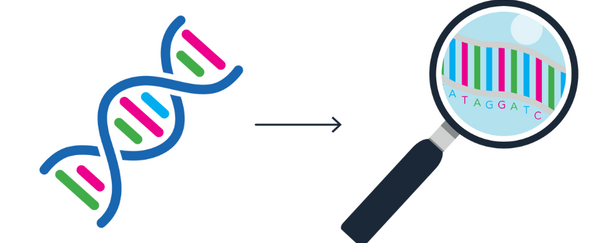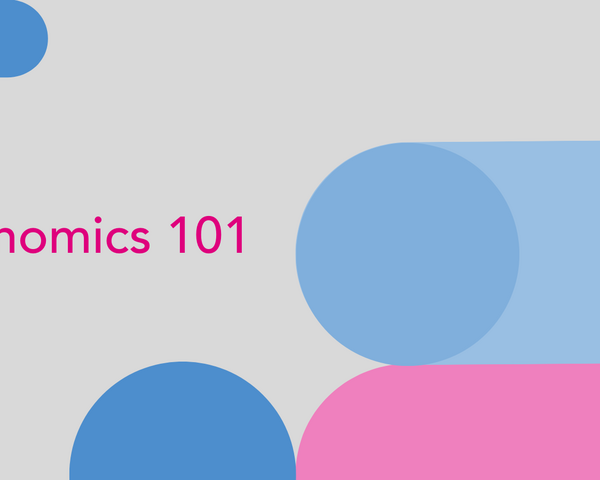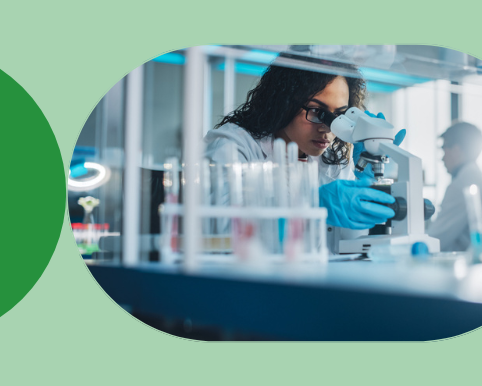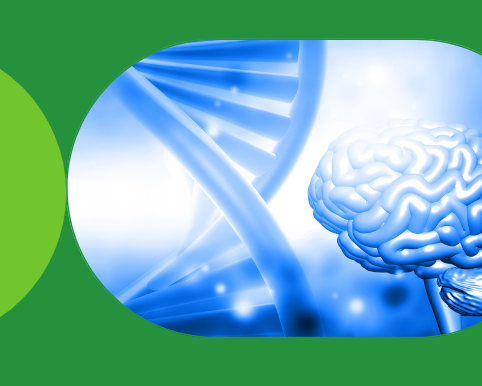Whole genome sequencing can improve childhood cancer care
By Florence Cornish onWhole genome sequencing could improve our ability to detect and treat childhood cancers. New research from Angus Hodder and colleagues investigates the real-time impact of routine whole genome sequencing for cancer in the NHS, showing that it can bring additional benefits to standard cancer tests.
How is DNA sequencing used in cancer care?

Over the past decade, research has found several genetic changes that play a significant role in cancer.
As DNA sequencing continues to become more accessible, it also makes its way to becoming a routine part of cancer diagnosis and treatment.
There are several different types of DNA sequencing that can be used in the cancer pathway.
One of these is whole genome sequencing, which lets us look at someone’s entire genetic code.
Where traditional methods look at particular sections of the genome, whole genome sequencing aims to read the entire thing.
This technique provides lots of information from just one single test, letting us see different types of genetic changes across the entire genetic code.
Read more about whole genome sequencing in a previous blog.
The value of whole genome sequencing
Research suggests that using whole genome sequencing in addition to standard cancer tests can provide valuable information, especially for childhood cancers.
This is because clinicians often look at a child’s genes to help decide the best course of treatment, and whole genome sequencing provides detailed information about the child’s genetic code.
Furthermore, there is still lots that we don’t know about the genetics of some childhood cancers.
Whole genome sequencing can reveal new genetic changes that are related to cancer, helping to boost our understanding.
Finding the evidence
Despite the increased use of whole genome sequencing, there is still a need for solid evidence to support its routine use in childhood cancer care.
Past studies have mainly focused on the potential benefits of whole genome sequencing, as opposed to assessing the real-time impact it has on the patient’s treatment.
A recent study from the Wellcome Sanger Institute, Cambridge University Hospitals NHS Trust, Great Ormond Street Hospital, and the University of Cambridge assessed whether whole genome sequencing in routine clinical practice could provide a direct clinical benefit to children with suspected cancer, beyond the standard tests already used.
What did the study do?
In this study, Hodder and colleagues carried out a detailed investigation on the real-life impact of whole genome sequencing for childhood cancer.
Published in Nature Medicine, it marks the first time that whole genome sequencing has been investigated for its clinical impact in current NHS practice.
The researchers looked at routine genome sequencing through the NHS Genomic Medicine Service. This service aims to harness the power of genomic technology to improve the health of the population.
The study included 2 children’s cancer centres in England, analysing both solid cancers and leukemia.
The impact of whole genome sequencing
Overall, the study found that whole genome sequencing improved the management of cancer when used in routine practice.
It changed the clinical management of 7% of cases, improving care for 20 children by providing information not available from standard cancer tests.
Furthermore, in 29% of cases, whole genome sequencing helped clinicians to better understand the tumours of individual children, helping to inform decisions. For example, discovering unexpected genetic changes that increase future cancer risk.
Having this information allows clinicians and families to take preventative measures, such as regular screening or tests.
What does this mean for children with cancer?
The researchers in this study suggest that whole genome sequencing should be provided to all children with cancer.
Thanks to this research, there is now solid evidence that using it in routine practice can directly improve clinical care, by revealing valuable information about cancer-causing genetic changes.
Eddie was diagnosed with T-cell acute lymphoblastic leukemia when he was 6 years old. He was offered whole genome sequencing as part of his treatment at Great Ormond Street hospital.
Read more about Eddie’s story and the impact that whole genome sequencing had on him and his family in this Wellcome Sanger article.
And finally...
Find out more about the NHS Genomic Medicine Service and what it aims to do.
Or, learn about other research that uses whole genome sequencing through other blogs on our website.


